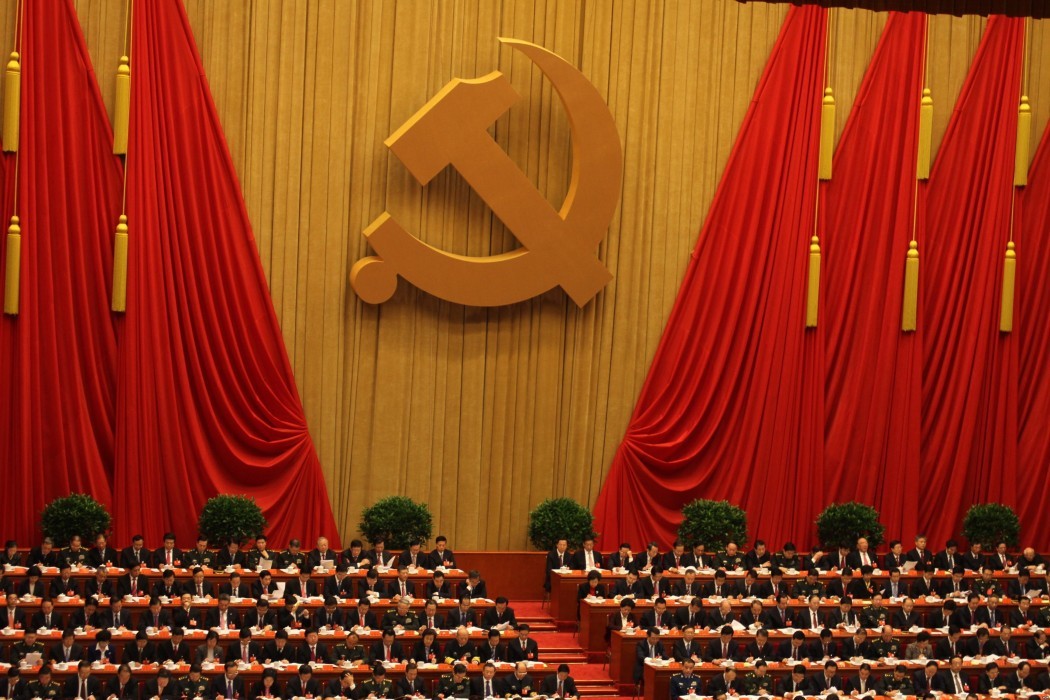The United Nations’ human rights chief expressed concern on Tuesday over the passing of the new National Security Law by the Chinese legislature.
High Commissioner for Human Rights Zeid Ra’ad al Hussein said the law had an “extraordinarily broad scope coupled with vagueness of its terminology and definitions.” He added that this could lead to “tighter control of civil society by the Chinese authorities.”
Zeid added that the laws should clearly and narrowly define what amounts to a national security threat, and that individuals should be able to foresee the consequences of their actions.
Chinese authorities have defined the term “national security” as “state power, sovereignty, unity and territorial integrity.” The legislation applies to a wide spectrum of areas including defence, finance, energy, food security, religion, the internet and the environment.

China’s top legislative body, the National People’s Congress Standing Committee, passed the bill unopposed on July 1. Whilst state-run news agency Xinhua news praised the revised law as a “comprehensive and fundamental national security law,” critics argued that Beijing would use the statute to further limit free speech.
Article 25 of the legislation permits the government to defend “cyberspace sovereignty” by punishing the “dissemination of unlawful and harmful information,” thus providing the legal means to further criminalise online expression.

China is currently drafting a separate cybersecurity provision that would allow provincial governments to cut off internet access during “major events concerning social security.” Internet service providers that do not delete messages infringing “national security” will also face fines of up to ¥200,000.
China has long censored politically “sensitive” keywords such as “June Fourth” and “Occupy Central.”

Compared to his predecessors, Xi jinping has taken a more active role on internet security since his presidency began in 2012. He has served as the chairman of the “Central Leading Group for Internet Security and Information” since it was established in 2013.
In this year’s work report, the NPC stressed that it would focus on setting up legislation concerning national security issues.
Correction: An earlier version of this article failed to clarify that the cybersecurity provision is still under consideration by the NPC.
